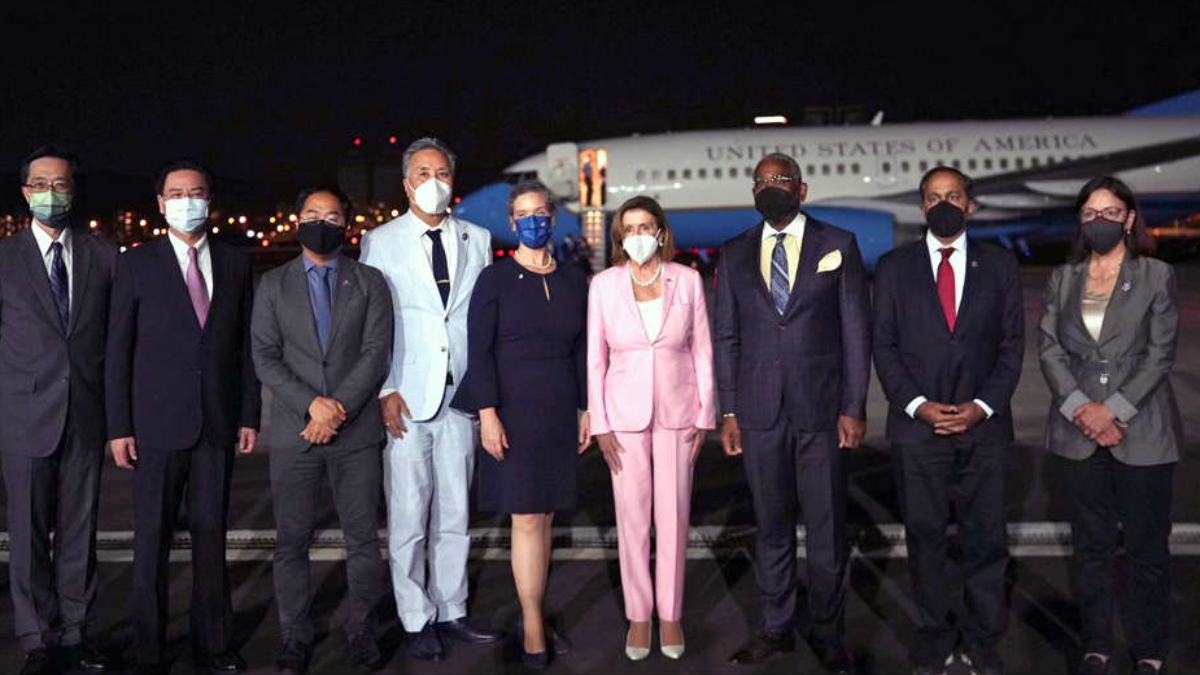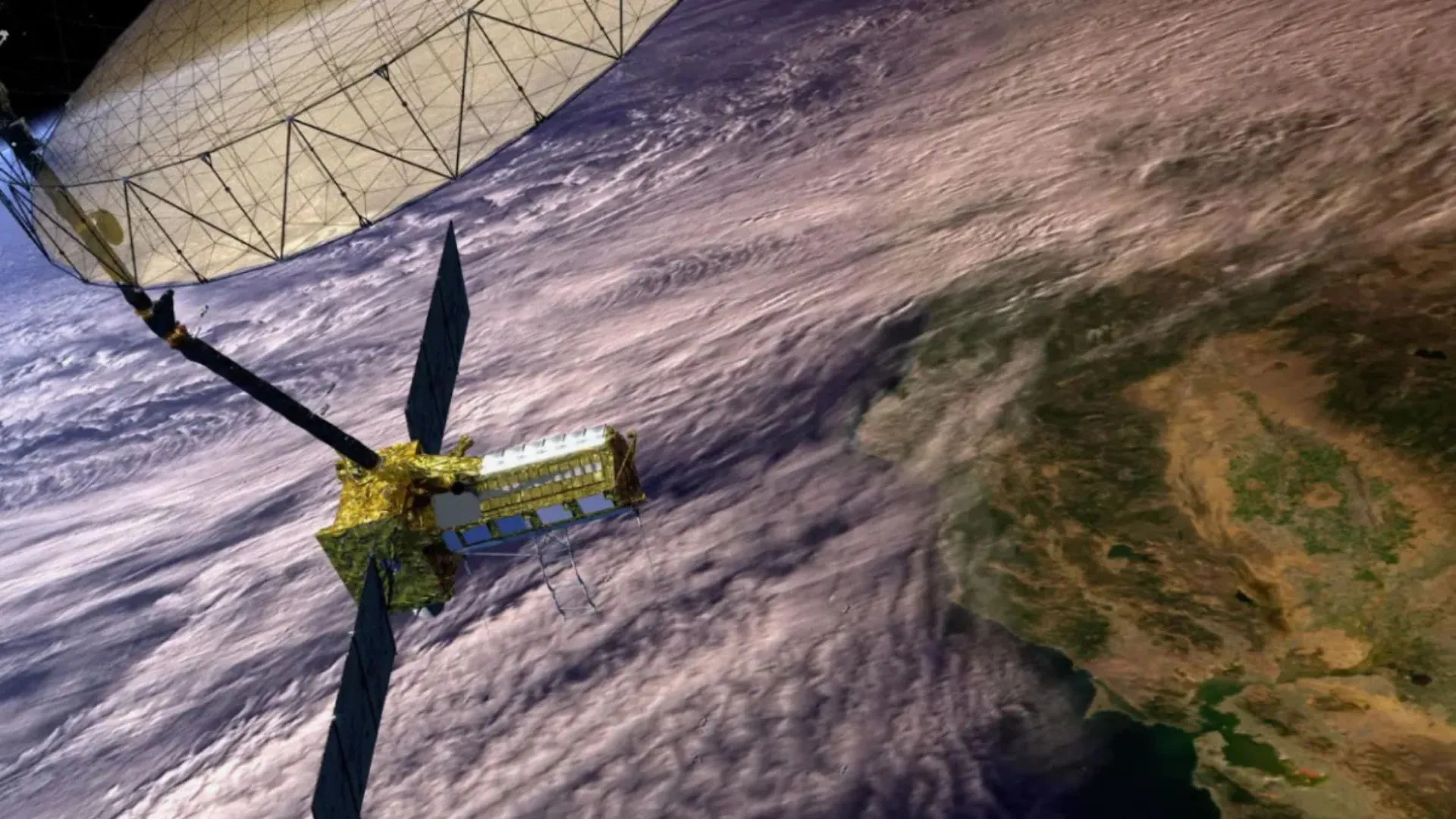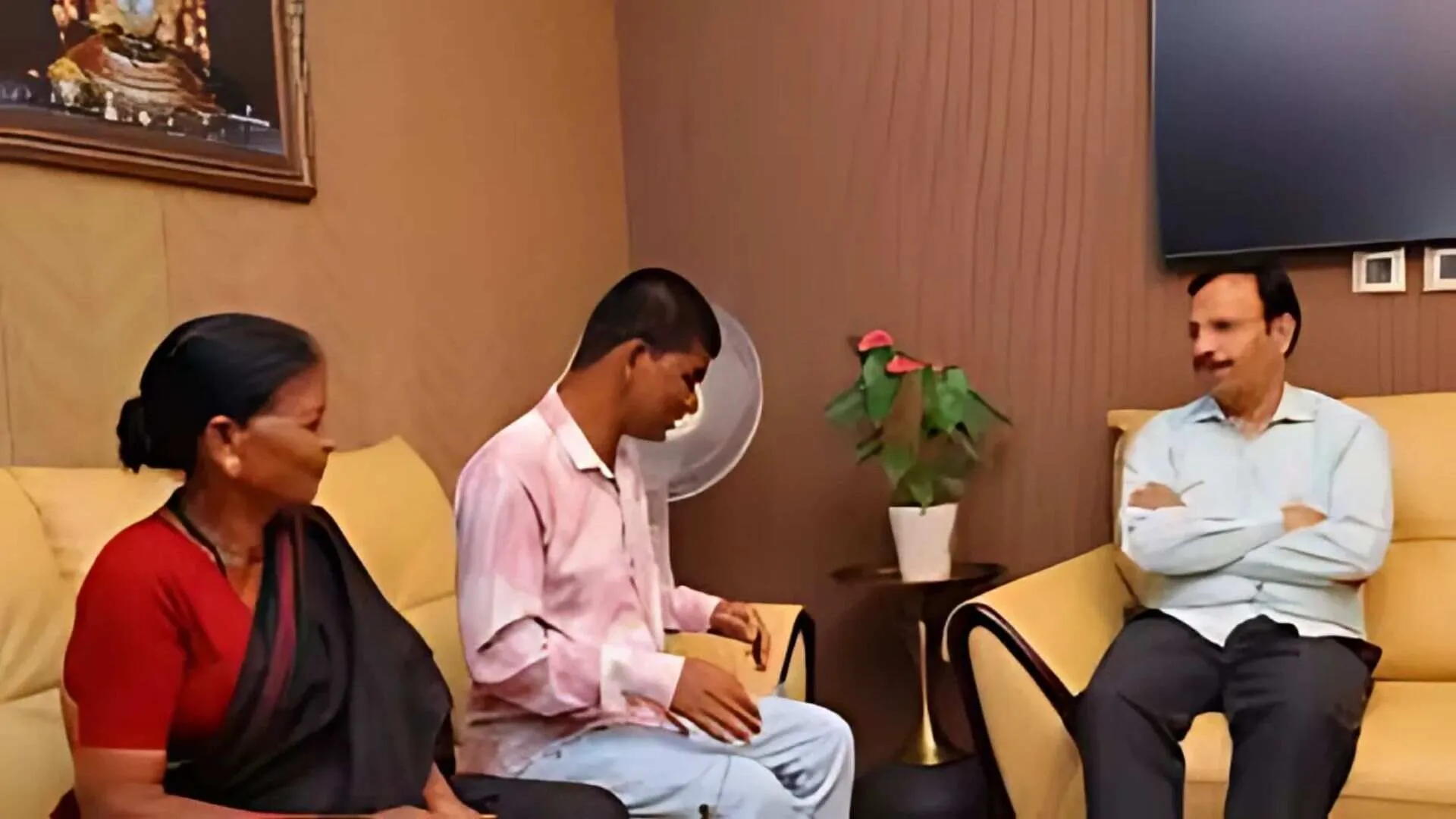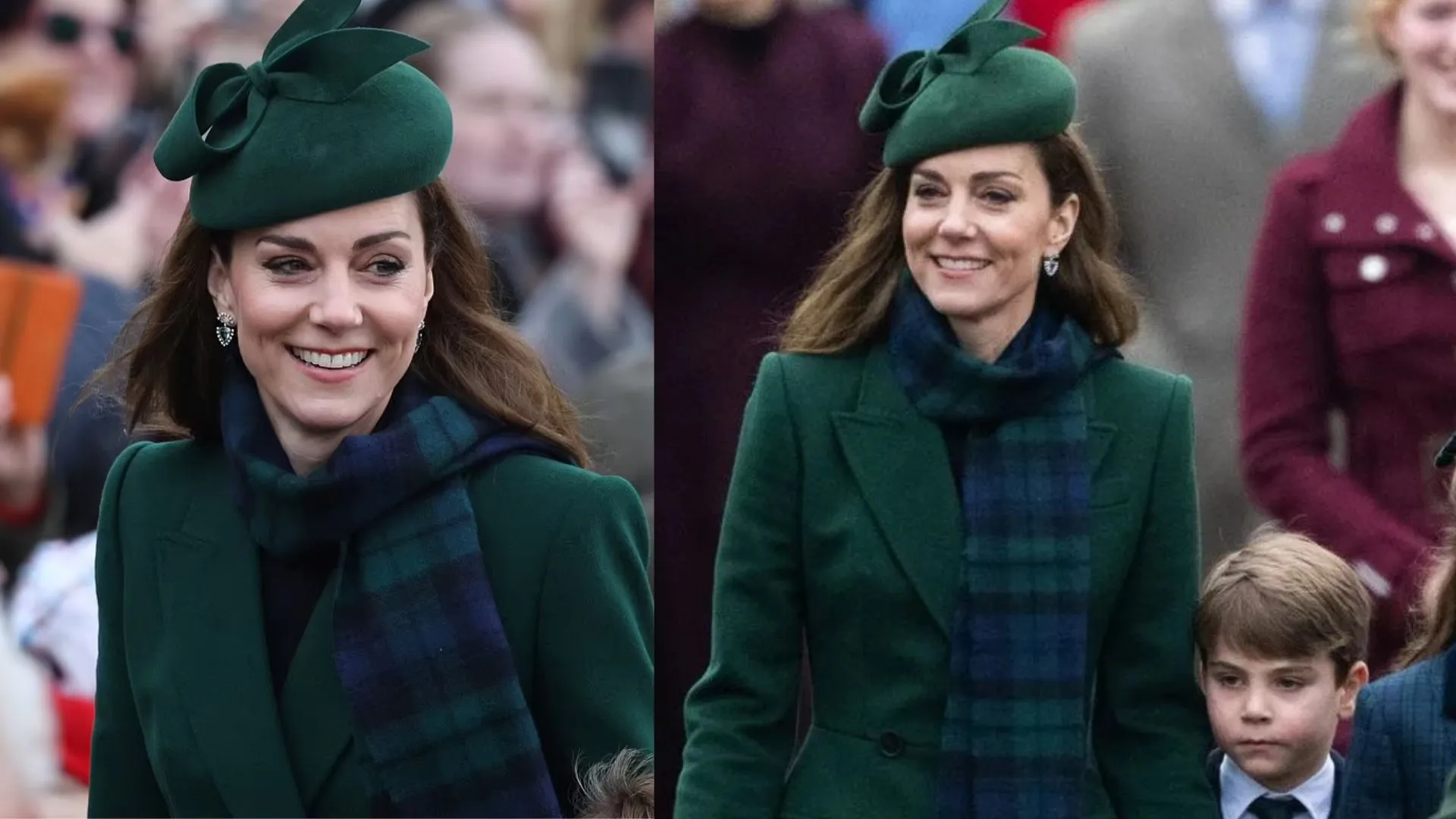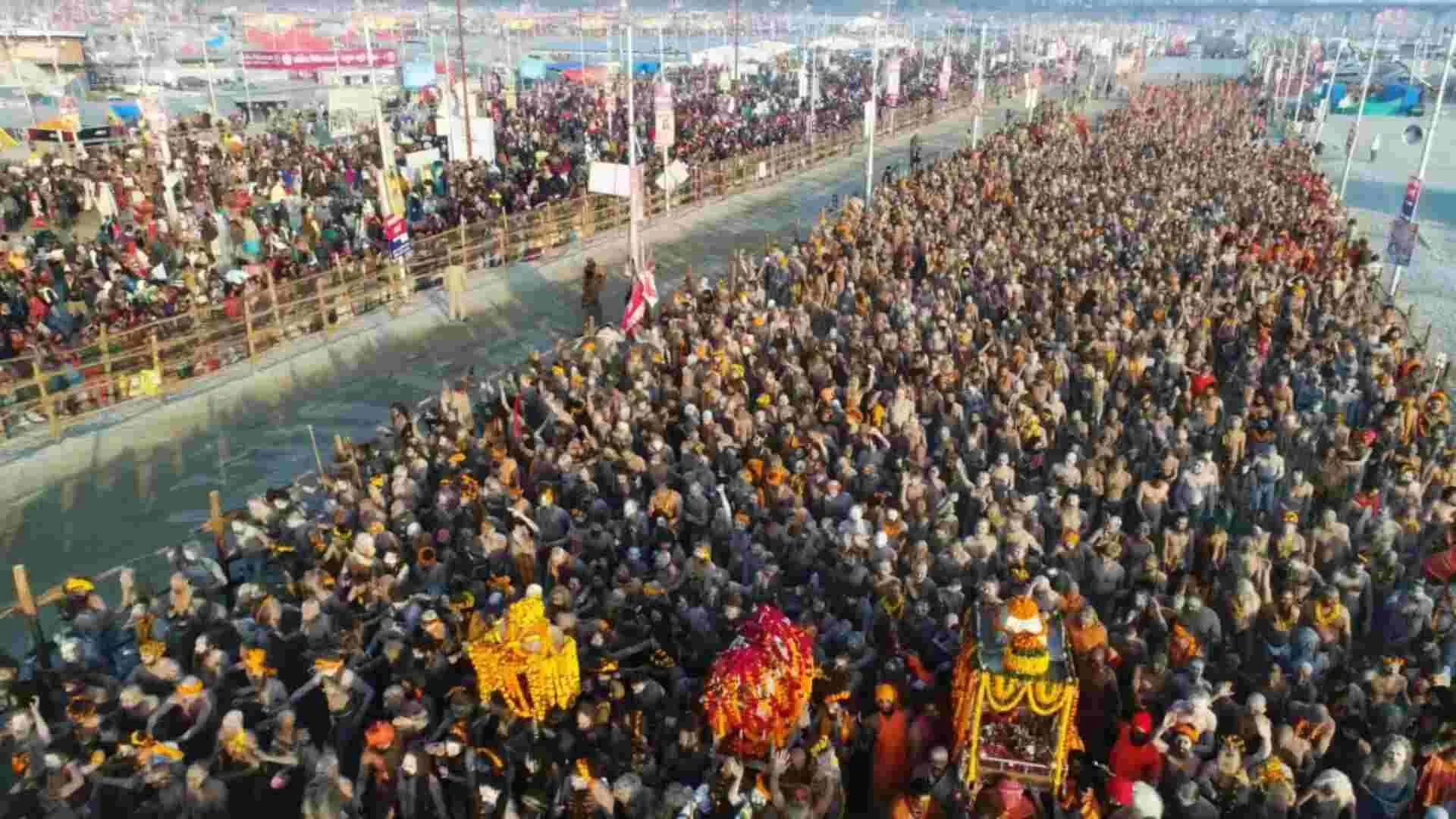Prime Minister Narendra Modi and visiting Maldivian President Ibrahim Mohamed Solih on Tuesday reviewed bilateral “strategic ties” in what is viewed by diplomats as an important exercise aimed at exploring
ways to keep the Indian Ocean safe from coercive practices like ‘Chinese expansionism’. The two leaders also reviewed various other aspects of the bilateral ties between India and the Maldives. Diplomatic sources told The Daily Guardian Review that Chinese expansionist agenda was always on the mind when PM Modi and Solih discussed the issues under the segment of ‘defence and security’. Sources further said that Beijing was again an elephant in the room when External Affairs Minister S Jaishankar held talks with the Maldivian President on Monday. Salih’s reiteration of “India-First Policy” as Maldives’ priority is a signal to Beijing which is evidently sparing no effort to expand its footprint in Male, and for that matter, in the Indian Ocean Region so as to foment troubles for New Delhi. After meeting President Solih, Jaishankar had set the tone for the visit by tweeting, “Our Neighbourhood First and Maldives’ India First policies are complementary. They take our special relationship forward.”
The India-Maldives joint statement released after PM Modi-Solih talks has also some veiled but terse messages for China as well. In what will give China a lot of heartburn, the joint statement says that Prime Minister Modi underlined that the Maldives occupies a special place in the hearts of Indians and in India’s «Neighbourhood First” policy. “President Solih reaffirmed his government’s «India-First Policy”,” the statement adds.
The joint statement further says that “This partnership is a force for stability in the Indian Ocean Region. Recognizing that the security of India and the Maldives are inter-linked, the two leaders reiterated their assurance to be mindful of each other’s concerns on the security and stability of the region; and to not allow their respective territories to be used for any activity inimical to the other.” While interpreting it, diplomatic sources say that “the signal here is for China and its expansionist agenda in the Indian Ocean. Moreover, the Maldivian President’s assurance of not allowing his country’s territory to be used for any activity inimical to New Delhi is a message for China as well.”
Sources said that China has been behind the “India Out” campaign in the Maldives. Without naming China directly, however, the Ministry of External Affairs (MEA) on Tuesday said that the India Out campaign in the Maldives was based on misinformation and false propaganda. Munu Mahawar, High Commissioner of India to the Maldives, said, “India Out Campaign was based on misinformation campaign and false propaganda and they do not reflect the views of people of Maldives. The campaign is led by the Maldives opposition led by former pro-China Maldives President Abdulla Yameen.” Mahawar, in a way, suggested that the campaign was carried out in the Maldives at the behest of China. Sources said that some Maldivian diplomats accompanying the President also told their Indian counterparts that people of the Maldives are not involved in this campaign. “Some other elements from China are behind this,” sources said.
Meanwhile, PM Modi, sources said, elaborately discussed the issue of terrorism with the Maldivian President. The joint statement later said, “The leaders condemned terrorism in all its forms and called for enhanced coordination between the security agencies of the two countries to thwart radicalisation, violent extremism, terrorism and narco-trafficking. While acknowledging progress since the First Meeting of the Joint Working Group on Counter-Terrorism held in April 2021, the two leaders directed the officials to further strengthen cooperation in various areas, including cyber- security.” In his comments, Solih said both sides reiterated their firm commitment to deal with the threat of terrorism.
MEA spokesperson Arindam Bagchi informed the media that the two leaders discussed ways to further deepen the special partnership. PM Modi and Solih held a one-on-one meeting, which was followed by delegation level talks. Solih arrived in the national capital on Monday on a four-day visit to India.
SIX AGREEMENTS
India and Maldives inked six agreements to expand cooperation in several key areas like cyber security, disaster management and police infrastructure development. After wide-ranging talks with visiting Maldivian President Ibrahim Mohamed Solih, PM Modi announced a Line of Credit of USD 100 million (one million = 10 lakh) for the neighbouring country for the completion of development projects in a time-bound manner. PM Modi and President Salih launched “Greater Male connectivity projects in the Maldives”. Sources say that any kind of such project is going to give China sleepless nights. The Male connectivity projects will be built under India’s USD 100 million grant and USD 400 million line of credit. Projects for the construction of 4000 social housing units in Greater Male were also reviewed. “I am happy to announce that we will additionally provide financial support for 2,000 social housing units,›› PM Modi said in his media statement. ‹›We have also decided to provide an additional line of credit of USD 100 million so that all projects can be completed in a time-bound manner,›› he added. The six pacts inked between the two sides will facilitate cooperation in capacity building, cyber security, housing, disaster management and infrastructure development in the Maldives.

